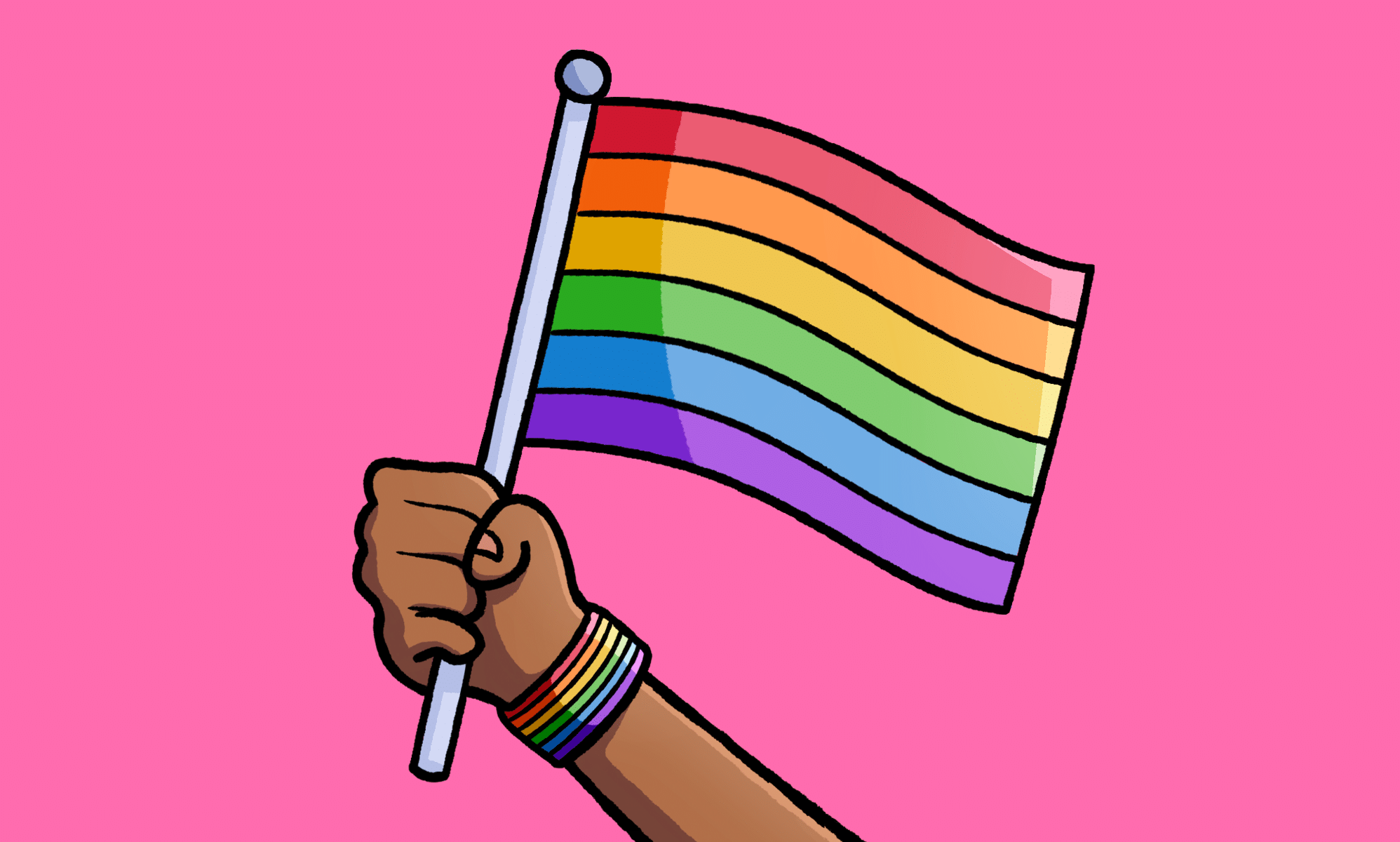Scotland is no longer the ‘best place in Europe’ on LGBT rights

Scotland is no longer the most progressive country in Europe on LGBT rights.
Rights group ILGA-Europe released an annual ranking of the countries of Europe, assessing their progress on equality for lesbian, gay, bisexual, transgender and intersex people.
The ranking was once dominated by the United Kingdom, but the UK has slipped down the list in recent years as other countries have made progress.
The UK as a whole also faces a lower score due to devolution to Northern Ireland, where equal marriage and other rights reforms continue to be blocked by the anti-LGBT Democratic Unionist Party.
An individual breakdown had last year placed Scotland first in Europe, if treated separately from the UK.
However, this year Scotland has been knocked off the top spot by Malta.
Malta achieved a score of 88.04%, primarily due to its more progressive gender recognition laws and hate crime protections.
The UK is third on 75.73%, behind Norway. If ranked separately, Scotland would be separate on 82%.

The Scottish National Party, which has been in government in Scotland since 2007, blamed the Conservatives for not fully devolving aspects of equality law.
Angela Crawley, SNP candidate for Lanark and Hamilton East, said: “SNP MPs have been calling for the UK government to make reforms to equality law to strengthen LGBTI discrimination protections and rights – but the Tory government has been dragging its heels and refusing to act in key areas for the last seven years.
“As a result the UK is now falling behind other countries in the rights and protections afforded to LGBTI people.
“In particular, we need reforms to ensure same-sex couples have equal pension rights, and that all LGBTI people are fully protected from discrimination.
“The UK government must also follow the lead of the Scottish Government by committing to reform gender recognition laws, in line with international best practice, so that all trans and non-binary people can access their human right to legal gender recognition.
“We must also ensure we protect the rights we already enjoy by opposing any Tory attempts to scrap the Human Rights Act or withdraw from the ECHR – and by ensuring that Brexit does not result in any loss of LGBTI protections.”
Tim Hopkins, Director of national Scottish LGBTI equality charity the Equality Network, said: “We congratulate the government and equality activists in Malta for introducing the best laws in Europe to protect trans and intersex people. The Scottish Government have promised to bring Scotland’s laws in this area up to international best practice during the 2016-21 parliamentary session, and to consult on this later this year. Those changes would put Scotland back in contention for the top spot.”
He continued, “The UK as a whole also falls short of best practice in two reserved areas: equality law and asylum. During this Westminster election campaign, we are calling on all parties to commit to amend equality law to fully protect trans and intersex people, and to ensure that people fleeing persecution because they are LGBTI can find asylum here.”
ILGA-Europe Executive Director, Evelyne Paradis said: “One of the most common questions ILGA-Europe get asked by national governments is how to improve their ranking on the Rainbow Europe Map – the answer is political backbone. Political leaders need to understand that, if they don’t act now, the LGBTI equality gains we’ve all made together over the past few decades can be rolled back.
“At the top of the Map, there is still work to do to make sure LGBTI people can live freely, and at the other end of the ranking, we see LGBTI people are literally living in fear of their lives. Our movement’s work is not over yet.”
ILGA-Europe also warned about the growth of populism on the continent.
Exec Joyce Hamilton explained: “There isn’t a ‘one-size-fits-all’ explanation for what is going on across the whole continent… but those countries that are viewed as traditional equality champions aren’t breaking boundaries like they used to.
“The European Union isn’t pushing for advances at the same rate that it used to – the EU 28 as a whole score less than 50% on the Index. If national governments are complacent and drag their feet instead of pushing ahead on an incomplete task, they will find themselves dropping down the ranking.
“This isn’t about ‘reinventing the wheel’ every year; it’s about living up to your basic human rights obligations. In short, it is about having the courage of your convictions and doing what needs to be done so that all LGBTI people get the equality they deserve.”
Co-Chair of ILGA-Europe’s Executive Board, Brian Sheehan added: “And what’s the antidote for potential rollback? In ILGA-Europe’s view, we need a greater push from politicians and public institutions – at national and European level – to drive public acceptance and so embed equality gains in society.
“We also need unwavering political support for strong civil society spaces which gives LGBTI and human rights activists the opportunity to continue their work.
“All attempts to undermine democratic values and to shut down dissent have a knock-on effect on the activism of the LGBTI movement, no matter where their countries are currently ranked in the Rainbow Europe Index. We need political courage, not just to achieve LGBTI equality, but to ensure that the values of freedom, democracy and equality are real for all people living in Europe.”

